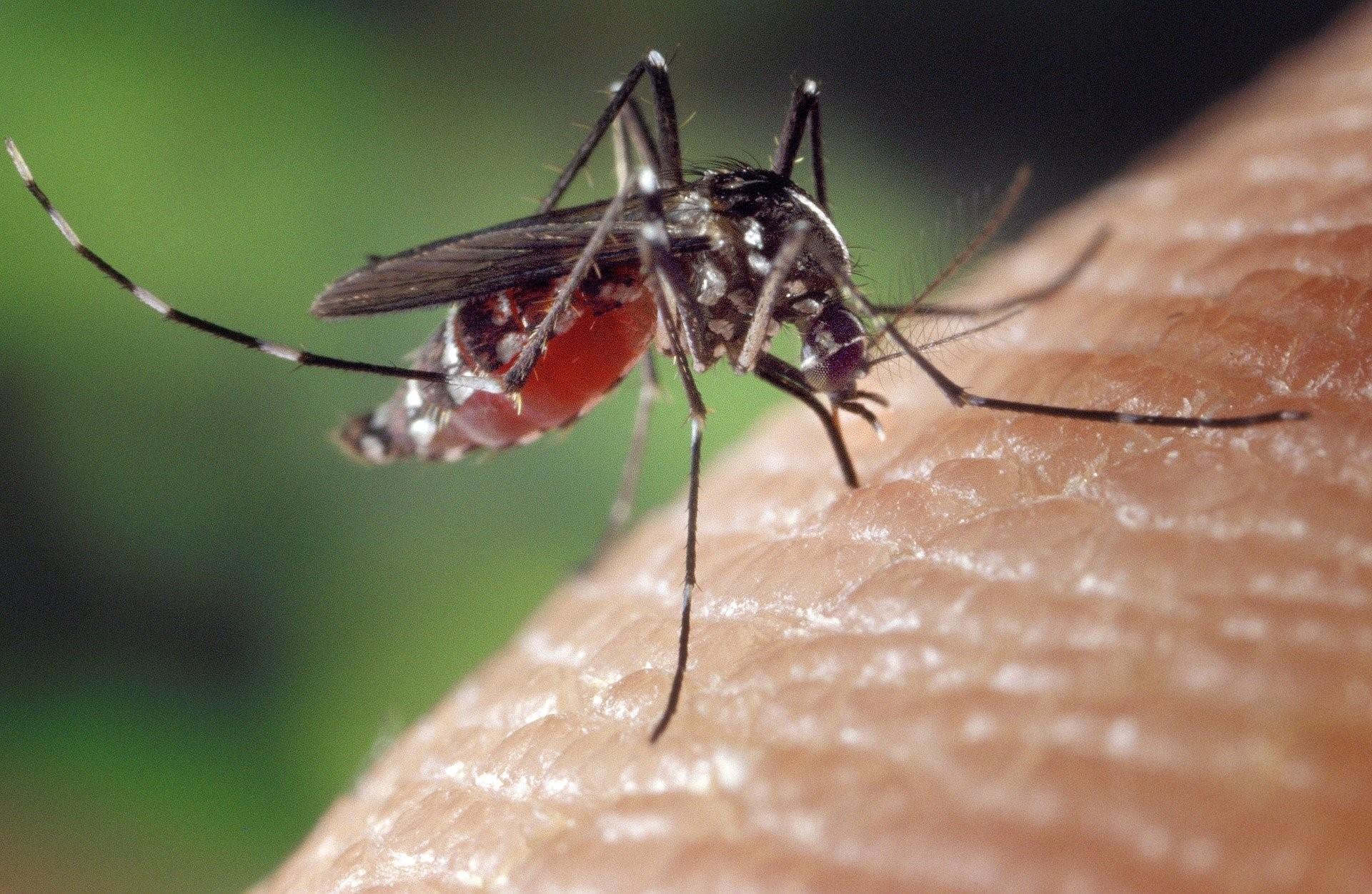Neurodevelopmental protein Musashi-1 interacts with the Zika genome and promotes viral replication
A recent outbreak of Zika virus in Brazil has led to a simultaneous increase in reports of neonatal microcephaly. Zika targets cerebral neural precursors, a cell population essential for cortical development, but the cause of this neurotropism remains obscure. Here we report that the neural RNA-binding protein Musashi-1 (MSI1) interacts with the Zika genome and enables viral replication. Zika infection disrupts the binding of MSI1 to its endogenous targets, thereby deregulating expression of factors implicated in neural stem cell function. We further show that MSI1 is highly expressed in neural progenitors of the human embryonic brain and is mutated in individuals with autosomal recessive primary microcephaly. Selective MSI1 expression in neural precursors could therefore explain the exceptional vulnerability of these cells to Zika infection.
